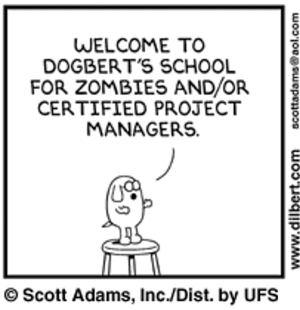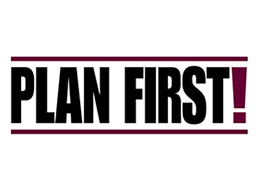By Gary Hinkle Toyota’s ongoing success is often attributed to their legendary quality and manufacturing systems. Another important element that doesn’t get as much attention is the role of Toyota’s Chief Engineers.
By Steve Wetterling Who would want to work for, with, or anywhere near a Project Manager you can’t trust? And how would you know he couldn’t be trusted? What does he look like, this untrustworthy PM?
By Susan de la Vergne Once upon a time, people thought of reason and emotion as opposites. One is rational, the other irrational. One is ordered, the other chaotic. One is controlled, the other runs wild.
By Steve Wetterling Proponents (including me) of project management methods and practices extol this invention as the best way to do all work that falls in the category of “new stuff.” When project teams skillfully develop a charter, scope and limits statements, work breakdown structures, schedules, budgets, risk analyses, etc.—and hold to them—they’re far more likely to succeed than projects teams that do not.
By Steve Wetterling Don’t you just love optimism? By that I mean, for example, when we see the possibility for success rather than failure. That’s optimism. Or when we see a glass that’s half full rather than half empty. That’s optimism, too. To some extent, it’s a matter of perspective. We can choose to see the world as a place stacked with opportunity or loaded with problems.
By Gary Hinkle Stretching a Stretch Goal How far can you stretch a stretch goal before it snaps? Wouldn’t it be nice if there were a formula for that—if it were actually a predictable property with a scientific underpinning you could look up in your old physics textbook?






